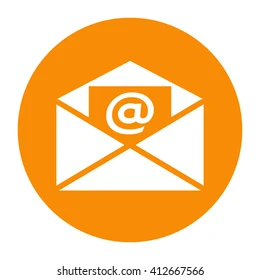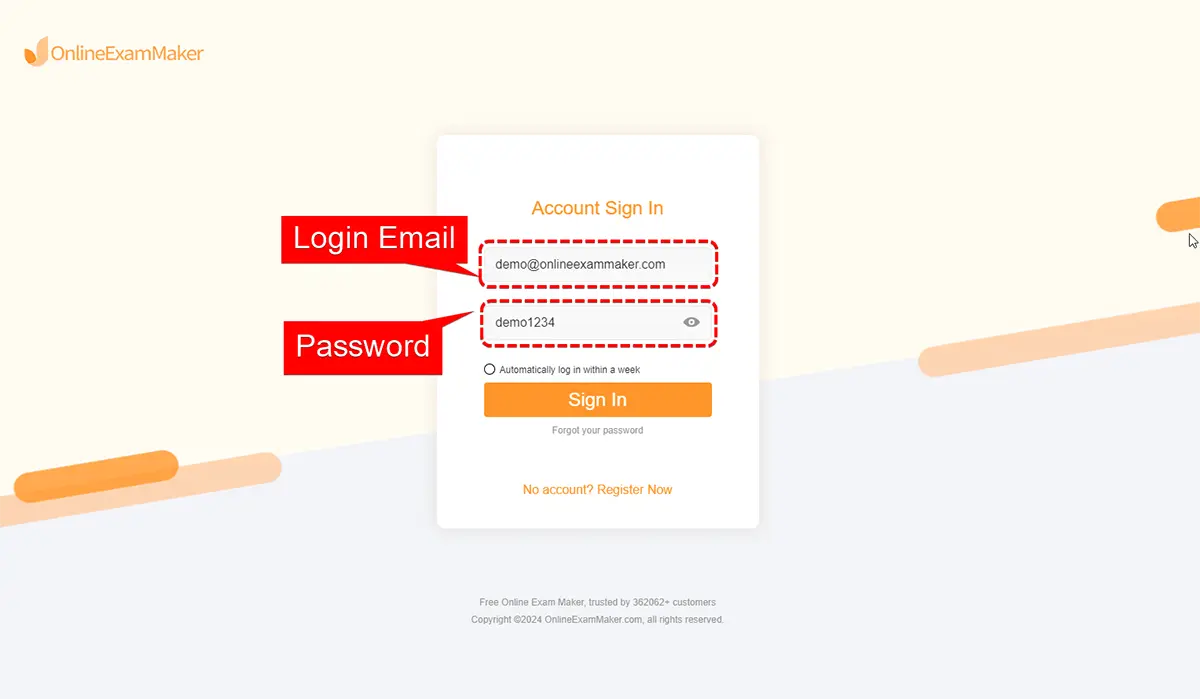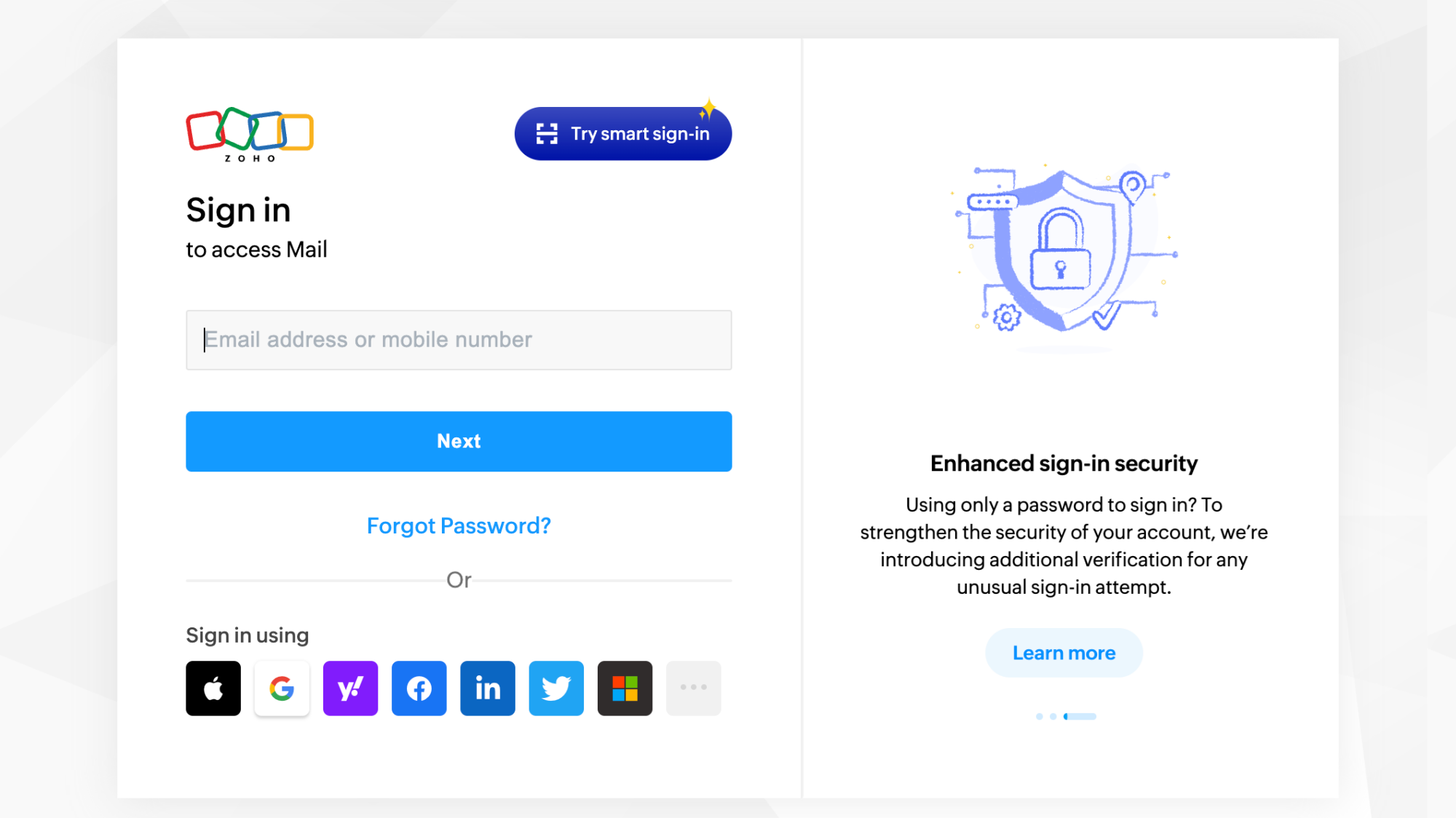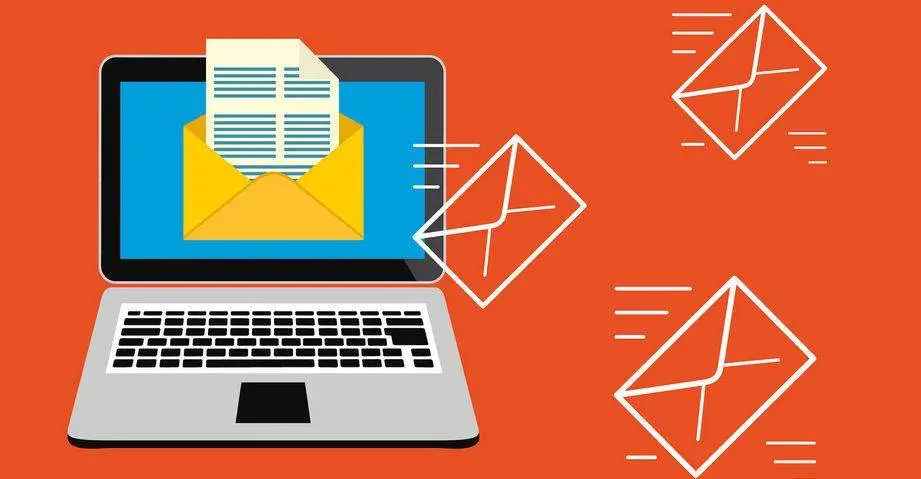Securing Your Free Business Email Account: A Comprehensive Guide
As a small business owner, securing your free business email account is crucial to protect your company's sensitive information and maintain a professional image. With the rise of free email services, it's easier than ever to set up a professional-looking email address. However, with great convenience comes great responsibility. In this article, we'll explore the importance of securing your free business email account, the common security threats you may face, and the steps you can take to protect your email account.
Why Securing Your Free Business Email Account Matters
Your free business email account is a gateway to your company's sensitive information, including customer data, financial records, and confidential communications. If your email account is compromised, you risk exposing your company's sensitive information to unauthorized parties. Moreover, a hacked email account can lead to financial losses, damage to your reputation, and even legal consequences.
Common Security Threats to Your Free Business Email Account
Free email services are a popular target for hackers and spammers. Here are some common security threats you may face:
Phishing Attacks
Phishing attacks involve sending fake emails that appear to be from a legitimate source, tricking you into revealing sensitive information such as passwords or credit card numbers.
Malware and Viruses
Malware and viruses can infect your email account, allowing hackers to access your sensitive information and use your email account to spread malware to others.
Spam and Junk Mail
Spam and junk mail can clog your email inbox, making it difficult to find important messages and wasting your time.
Data Breaches
Data breaches occur when hackers gain unauthorized access to your email account, stealing sensitive information such as passwords, credit card numbers, and personal data.
How to Secure Your Free Business Email Account
Securing your free business email account requires a combination of good password hygiene, regular software updates, and awareness of common security threats. Here are some steps you can take to protect your email account:
Use Strong and Unique Passwords
Use strong and unique passwords for your email account, and consider using a password manager to generate and store complex passwords.
Enable Two-Factor Authentication
Enable two-factor authentication (2FA) to add an extra layer of security to your email account. 2FA requires you to enter a code sent to your phone or another device in addition to your password.
Keep Your Email Client and Browser Up to Date
Keep your email client and browser up to date with the latest security patches and updates.
Be Cautious with Links and Attachments
Be cautious with links and attachments from unknown senders, and avoid opening suspicious emails or attachments.
Monitor Your Email Account Activity
Monitor your email account activity regularly to detect any suspicious activity, such as login attempts from unknown locations or unusual email activity.
Conclusion
Securing your free business email account is crucial to protect your company's sensitive information and maintain a professional image. By understanding the common security threats you may face and taking steps to protect your email account, you can ensure the security and integrity of your business communications. Remember to use strong and unique passwords, enable two-factor authentication, keep your email client and browser up to date, be cautious with links and attachments, and monitor your email account activity regularly.
Additional Resources
- How to Create a Strong and Unique Password
- The Importance of Two-Factor Authentication for Small Businesses
Meta Description
Learn how to secure your free business email account and protect your company's sensitive information from common security threats. Discover the importance of strong passwords, two-factor authentication, and regular software updates to keep your email account safe.




